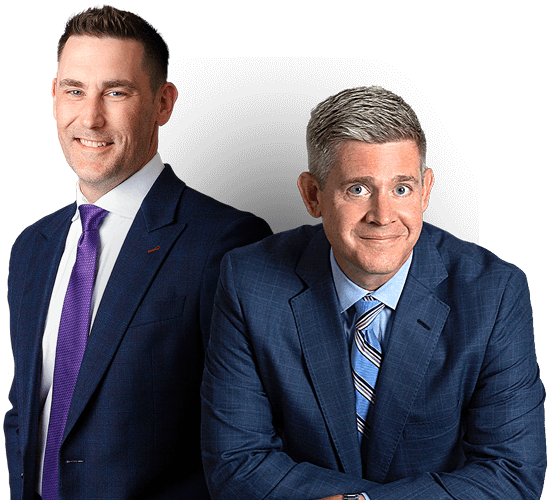If you are injured by an incident out of your control, the most crucial step is getting medical attention. Once that’s accomplished, you may wonder if you have grounds to take legal action.
Personal injury cases can be long and complicated, so it’s advisable to consult with a knowledgeable attorney who understands Oregon’s liability laws.
Two typical types of liability cases
Many people confuse strict liability with negligence when identifying civil wrongdoing, known as a tort. However, the two cases are very different:
- Negligence: An individual behaves unreasonably and fails to act the same way a reasonable person would under the same circumstances, causing an injury.
- Strict liability: The accused party is responsible for the injury regardless of their intent related to the incident – sometimes called “liability without fault.”
Strict liability examples
In most cases, strict liability lawsuits in Oregon fall into three categories:
Product liability: You may be able to file a claim against a manufacturer, distributor or retailer when a dangerous product causes death, injury or property damage. Plaintiffs must prove a defective product caused harm. These may include:
- Manufacturing defects
- Design defects
- Marketing defects
Dangerous animals: If someone’s dog or other domestic pet, farm animal or exotic pet injures you, they may be responsible for any injuries caused by the animal. In some cases, the first offense by a dog or other domestic animal may not qualify as strict liability. However, in Oregon, any injury caused by an exotic pet typically results in a strict liability claim.
Hazardous activity or dangerous conditions: When someone’s unreasonably dangerous actions create abnormally dangerous situations, they may be liable for any injuries that result. An example is if you are injured by a person transporting toxic materials.
Weighing your options
With the help of an experienced attorney, you may be able to recover compensation for lost wages, medical expenses and noneconomic damages, such as pain and suffering. But not all claims go to court.
Your lawyer will help find the best course, which may include negotiating with the defendant or their insurance company to receive a fair settlement or fight for you in court if necessary.


